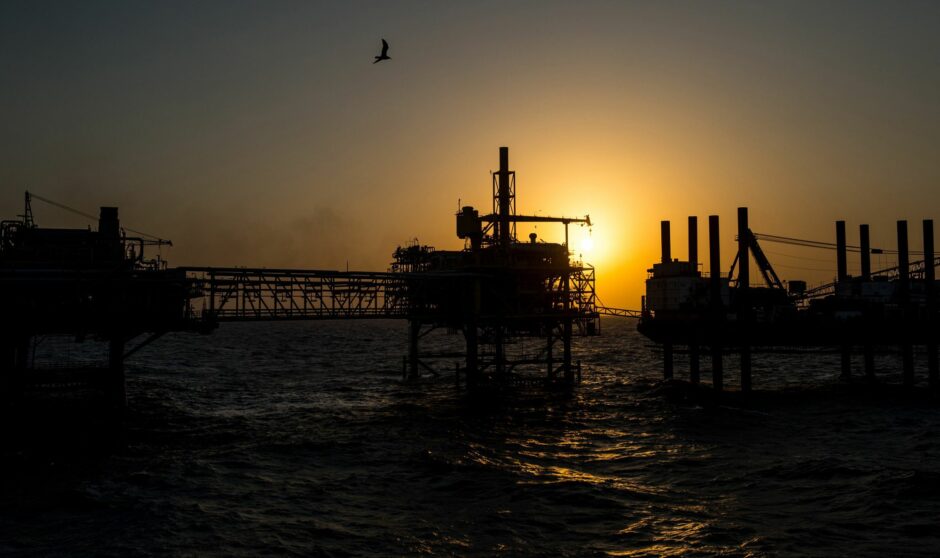
Oil switched between gains and losses in choppy trading as investors assessed how a global power crisis will affect demand this winter.
Futures in New York traded in a $2.15-range on Tuesday.
So far, consumption is being supported ahead of the northern hemisphere winter by shortages of natural gas and coal, triggering a need for alternative power generation fuels such as diesel and fuel oil.
Meanwhile, the International Monetary Fund expressed concern the global economic recovery has lost momentum.
“We don’t have a playbook for what happens when natural gas prices in Europe go to the equivalent to $250-a-barrel in crude,” said Rebecca Babin, senior energy trader at CIBC Private Wealth Management. “The market’s trying to calibrate this new energy situation.”
Tuesday’s volatility comes as oil prices stabilize in the $80-a-barrel range. Caution from the Organization of Petroleum Exporting Countries and its allies in restoring supply has pushed prices higher along with fuel switching.
UBS Group AG raised its estimates for oil in both New York and London because of stronger demand from the power sector and reviving U.S. jet fuel consumption.
However, the IMF warned threats to growth have increased, pointing to the delta variant, strained supply chains, accelerating inflation and rising costs for food and fuel.
“There’s real damage that’s potentially lurking from the supply chain issues,” said John Kilduff, a partner at Again Capital LLC. “It’s a real potential negative for the global economy.”
Prices
- West Texas Intermediate crude for November delivery rose 5 cents to $80.57 a barrel at 10:41 a.m. in New York
- Brent for December settlement fell 19 cents to $83.46 a barrel
In Europe, margins have climbed from “essentially zero in June” to near pre-pandemic levels, partially driven by stronger demand for diesel and jet-type fuels, Citigroup said in a report.
In Singapore, complex margins have risen to the highest in two years, while those for diesel are near a 21-month high.
Still, the pace of oil’s surge, combined with rising prices of other energy commodities and metals is bringing on inflation and threatening to hit economies reviving from the pandemic slump. Industries in Europe are being forced to crimp or shut operations. That, in turn, could weigh on oil demand.
Recommended for you
